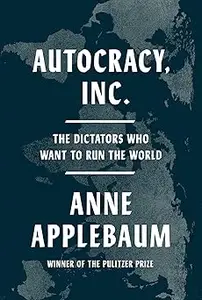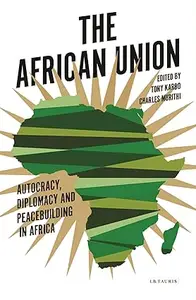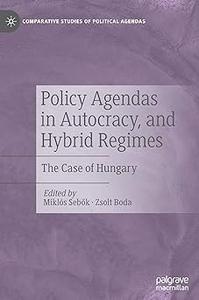 Free Download Anne Applebaum (Author, Narrator), "Autocracy, Inc.: The Dictators Who Want to Run the World"
Free Download Anne Applebaum (Author, Narrator), "Autocracy, Inc.: The Dictators Who Want to Run the World"
English | ASIN: B0CVCCMP2P | 2024 | MP3@64 kbps | ~04:46:00 | 132 MB
From the Pulitzer-prize winning, New York Times bestselling author, an alarming account of how autocracies work together to undermine the democratic world, and how we should organize to defeat them
We think we know what an autocratic state looks like: There is an all-powerful leader at the top. He controls the police. The police threaten the people with violence. There are evil collaborators, and maybe some brave dissidents.
But in the 21st century, that bears little resemblance to reality. Nowadays, autocracies are underpinned not by one dictator, but by sophisticated networks composed of kleptocratic financial structures, surveillance technologies, and professional propagandists, all of which operate across multiple regimes, from China to Russia to Iran. Corrupt companies in one country do business with corrupt companies in another. The police in one country can arm and train the police in another, and propagandists share resources and themes, pounding home the same messages about the weakness of democracy and the evil of America.
(more…)




